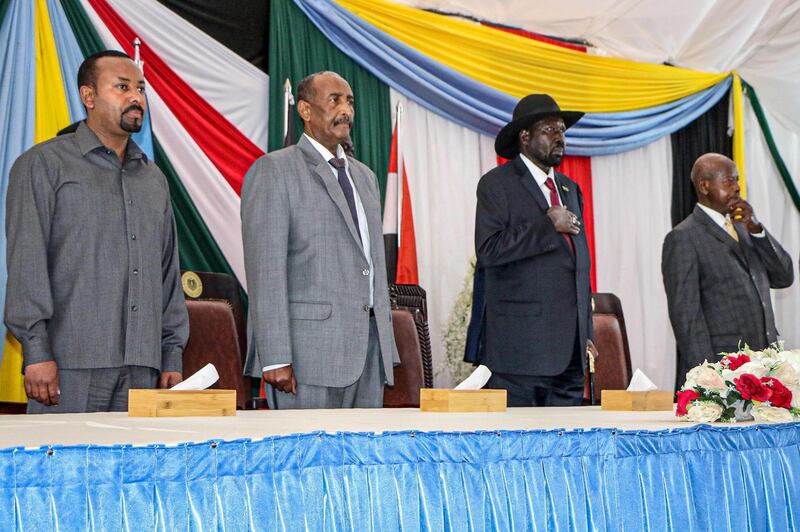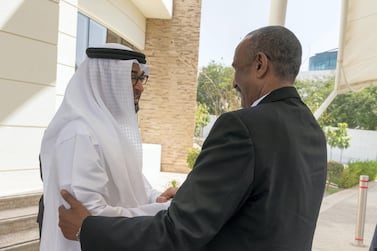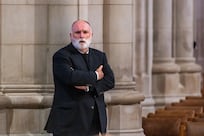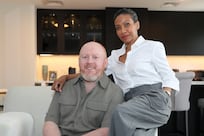A major rebel group has suspended its part in talks with the Sudanese government to end civil wars after the removal from power in April of autocrat Omar Al Bashir.
The Sudan People's Liberation Movement-North withdrew after only two days of talks in the South Sudan capital of Juba on Monday.
The largest single rebel group in Sudan said it would not return to the talks until authorities released about dozen people it said government troops detained last week in areas under its control.
It also wants the government to pull its troops from the areas.
The group controls large amounts of South Kordofan and Blue Nile provinces.
It said the Rapid Support Forces paramilitary, which fought rebels in Darfur in the 2000s, was behind the detentions.
RSF leader Gen Mohamed Dagalo is leading the government delegation at the Juba talks. He is also a Sudan sovereignty council member.
"If the government clears all these demands, we are ready to come back to the table with the commitment we declared during the Juba Declaration," said the rebels' chief negotiator, Ammar Amoun.
The declaration was signed between the transitional government and rebel groups on September 11.
The government's spokesman, Mohammed Eltaishi, denied the group's accusations and said it was willing to investigate.
"This incident should not be a big obstacle to the ongoing peace negotiations," Mr Eltaishi said.
In a bid to show goodwill to the rebels, the transitional government in Khartoum swiftly declared a nationwide ceasefire after the rebels announced they were suspending participation in the talks.
There was no immediate response from the group, which is led by Abdel Aziz Al Hilu.
Ending the country’s civil wars is part of a power-sharing agreement signed in August between a pro-democracy alliance and the generals who removed Mr Al Bashir from power in April.
The agreement stipulates that the wars should end within six months, allowing the transitional government to cut Sudan’s massive defence spending and give the battered economy a chance to recover.
But resolving the root causes of the rebellions in South Kordofan, Blue Nile and Darfur will not be an easy task.
The rebels are seeking fundamental changes that, if implemented, would dismantle the country’s political system that gave Arab Sudanese from the country’s northern and central regions a monopoly on power since independence in 1956.
The rebels, mostly ethnic Africans, seek a fairer share of national resources and representation.
Their armed struggle against successive governments in Khartoum, along with famines and human rights breaches, have defined Sudan’s political landscape.
A decades-long civil war ended with the south seceding in 2011, taking with it a third of Sudan’s territory and most of its oil wealth, plunging the country into an economic crisis.
The war against rebels in Darfur in the 2000s killed an estimated 300,000 people and displaced many more.
Mr Al Bashir, now in prison in Khartoum awaiting trial on corruption charges, was indicted in 2010 for genocide and crimes against humanity in Darfur.







